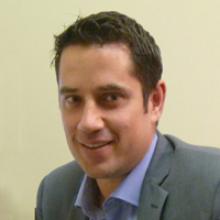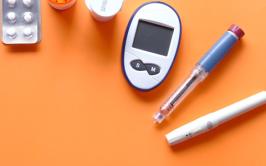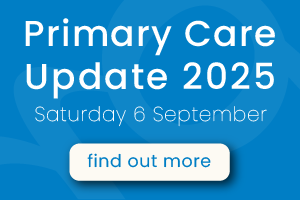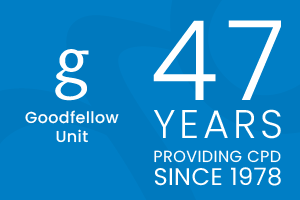
In this episdoes Ryan Paul discusses sick day management in the patient with diabetes.
Topics
-
Play now
-
Play now
-
Play now
-
Play now
-
Play now
-
Play now
-
Play now
-
Play now
-
Play now
-
Play now
-
Play now
-
Play now
-
Play now
-
Play now
-
Play now
-
Play now
-
Play now
Take home messages
Resources
Patient Resources
Presenter

Ryan Paul
Ryan is a Diabetologist at the Waikato District Health Board and a Senior Lecturer at the University of Waikato. Particular research interests include the use of emerging technologies in type 1 diabetes, the management of diabetes in youth and young adults, reducing inequities in diabetes care in Māori and rural populations, and improving models of diabetes care. Ryan has just stepped down as the President of the New Zealand Society of Endocrinology (NZSE) and is an Executive Member of the New Zealand Society for the Study of Diabetes (NZSSD). Ryan is a Clinical Associate of the Maurice Wilkins Centre and was awarded the New Zealand Clinical Educator of the Year by the New Zealand Medical Council in 2019.






